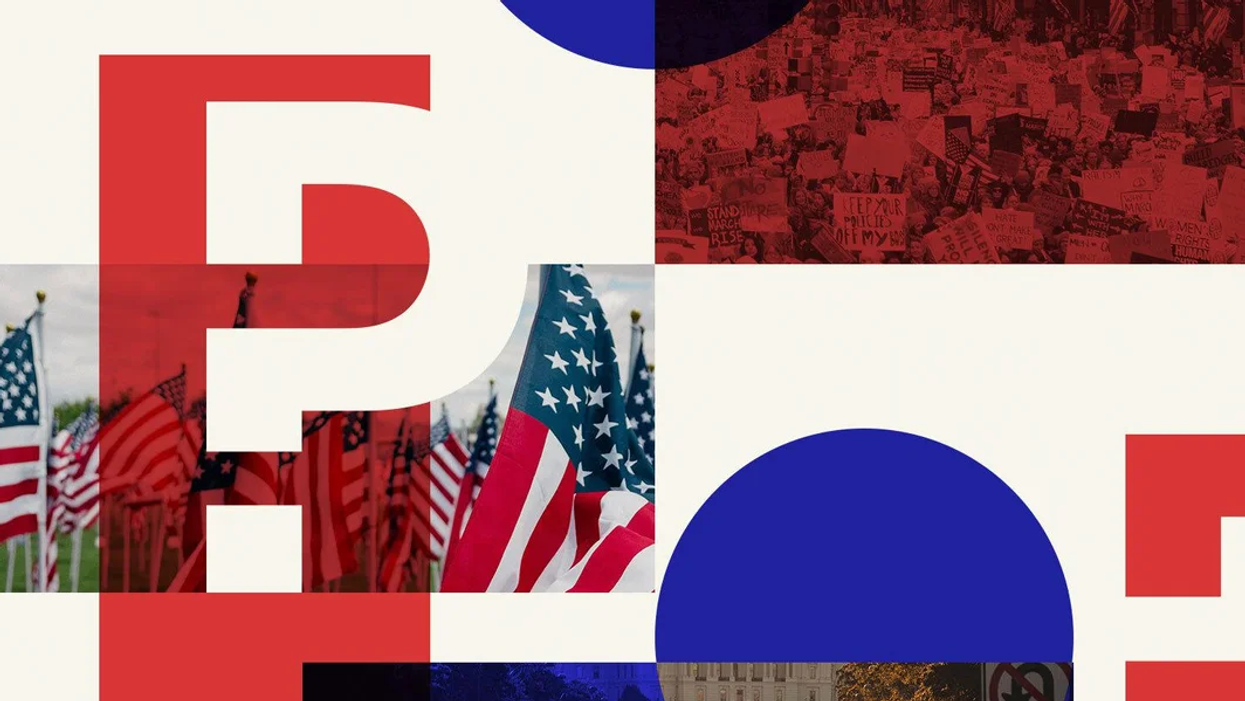In this week’s episode of Politics In Question, Hans Noel joins Julia and James to talk about political parties. Noel is an associate professor in the Department of Government at Georgetown University, where he conducts research on political coalitions, political parties, and ideology. He is the author of Political Ideologies and Political Parties in America, and a co-author of The Party Decides: Presidential Nominations Before and After Reform. Noel also blogs on political parties at Mischiefs of Faction and the Monkey Cage.
How have events over the last decade shaped our understanding of political parties? Should we think about parties differently today than how we thought about them ten years ago? Why are the Democratic and Republican parties comprised of certain groups and interests? And does the conventional view of ideological polarization distort political reality when it comes to parties? These are some of the questions Hans, Julia, and James ask in this week’s episode.




















Trump & Hegseth gave Mark Kelly a huge 2028 gift